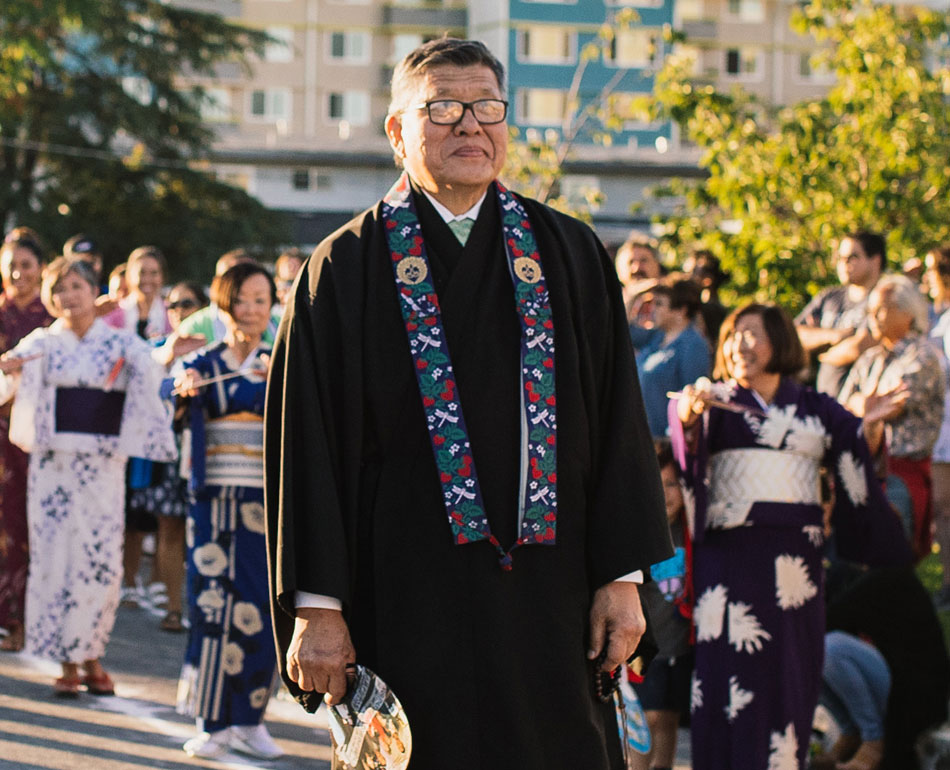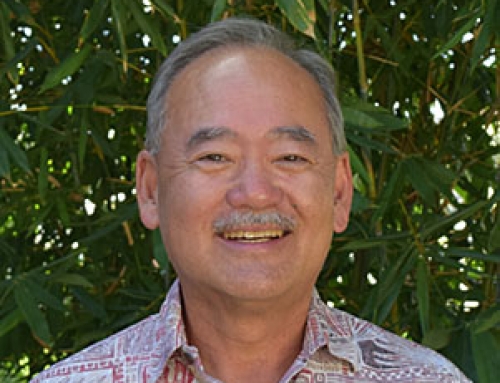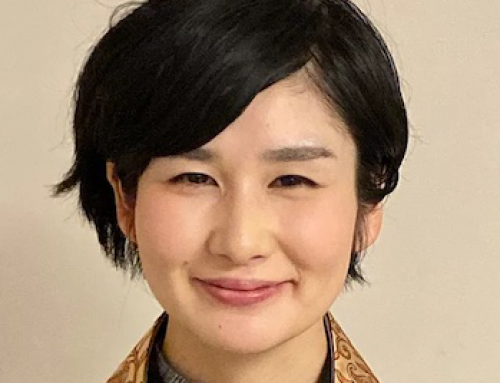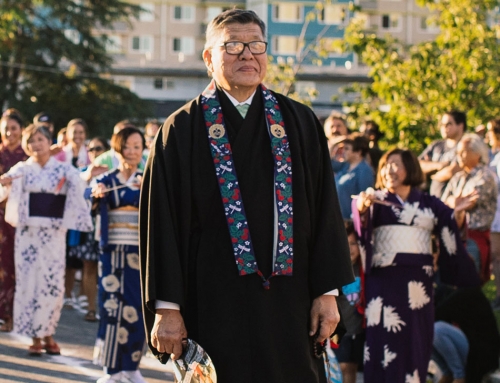“He thought next of his five former comrades in the practice of asceticism. The Buddha determined through his clairvoyance that they were residing in a deer park in Sarnath, outside Varanasi (Banaras). He set out on foot, meeting along the way a wandering ascetic with whom he exchanged greetings. When he explained to the man that he was enlightened and so was unsurpassed even by the gods, the man responded with indifference.” Britannica.com
This is a kind of moment in history that fascinates me. An encounter of two people walking on a path. They meet, exchange greetings then depart. One individual was an ascetic, someone immersed more than the average person, in the rigors of religious practice. The other Siddhartha Gautama whose newly achieved enlightenment accorded him the title Shakyamuni Buddha.
What happened? Shakyamuni announced he was Buddha. The ascetic was indifferent. What’s so fascinating in this exchange is the ascetic’s indifference to the Buddha. The ascetic is a person who is seeking answers to something other than our everyday kinds of demands. The ascetic might have been looking for what Siddhartha had found yet when offered he was unwilling or unable to receive what was offered. Perhaps the ascetic realized that release was possible and that he too could achieve enlightenment. Yet, he did not ask but simply walked away. Perhaps he was not ready to hear.
In this encounter I am like the ascetic, a yet to be Buddha. The actions of the Buddha are not certain. It does not seem he tries to convince the ascetic of his authenticity or share what he has learned. It is up to the ascetic to decide whether to learn from the Buddha himself. Later the Buddha does share his experience with the five ascetics who had previously practiced with him. The five ascetics reluctantly begin to hear.
It does not seem the Buddha felt compelled to share what he had experienced. He does not try to convince the ascetic of who he is. The Buddha does not try to impose his views on the ascetic. Although he is Buddha, capable of sharing the means to resolve the difficulties we cause and experience, he does not insist. It would seem that the ascetic must be willing and able to hear the Buddha. Or, perhaps the Buddha saw in the ascetic the presence of awakening.
Buddhism is not about being Buddhist. The Buddhadharma is about the resolution of difficulties that result from our tendency to engage the world through our preferences. Cultivating the mind that is free of prejudice, the mind that sees things as they are, this is the Four Noble Truths. This is what Siddhartha shared with the five ascetics in Sarnath.
The first person Siddhartha meets, perhaps on a forest path that wound through shade and sunlight, may represent us all. Someone who is working their way through the challenges of life. One day we may be surprised to learn of the influences we may have encountered that have shaped our appreciation of the life we each live. I wonder if the ascetic ever met Siddhartha again. I’d like to think he did. Maybe they sat down together and talked story over a cup of tea.




